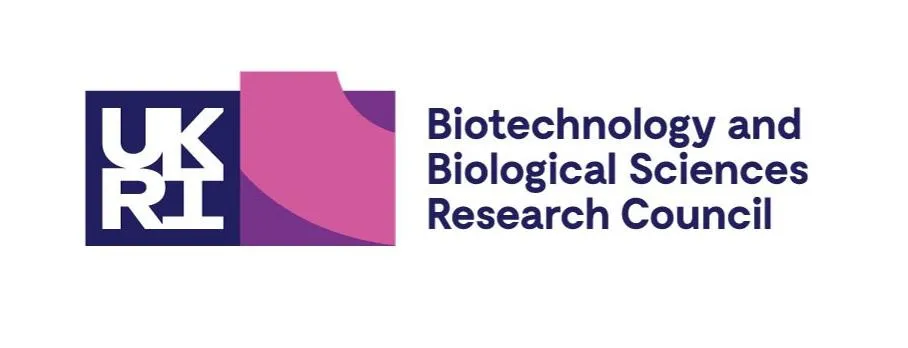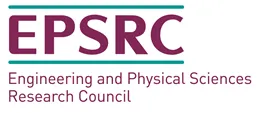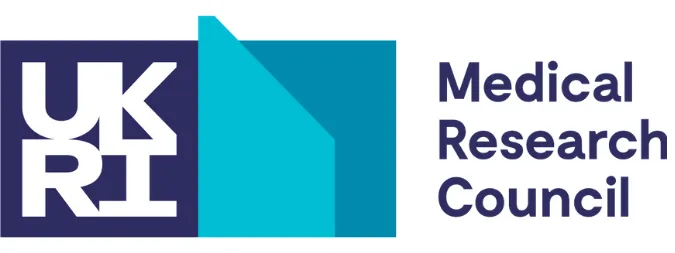The Cobb Group has been involved in the development of asymmetric methodologies towards biologically inspired molecules since 2005. They have pioneered the synthesis of unnatural amino acids, mono and diterpenes (such as the cannabinoids), steroids, alkaloids and nucleoside frameworks – generally all using organocatalytic approaches. They have also applied many of these targets towards purposes such as the design of antivirals, anticonvulsants, lipids, and cardiac medications. In particular, they have used unnatural amino acids within unnatural peptides with highly defined secondary structures (so-called foldamers) that themselves can be applied to catalysis or peptidomimetics (with an example target being an enzyme of SARS-CoV-2). The Cobb Group has also developed a range of bifunctional probes for the detection of protein movement in real time. They also collaborate with many other groups both national and international.
The Cobb Group is very well-equipped for synthetic methodology, with a chiral phase HPLC, an automated chromatography unit, ozonizer, cryocooler, and polarimeter in addition to the usual synthetic organic chemistry furnishings (stirrer hotplates, rotavaps etc). Funding has been obtained from EPSRC, BBSRC, MRC, CR-UK, the Leverhulme Trust, the Royal Society and Industry (e.g. Syngenta, GW Pharmaceuticals) amongst others.
Please also see the Cobb Group website for more information.
Our Partners

Biotechnology & Biological Sciences Research Council

The Engineering and Physical Sciences Research Council (EPSRC)


